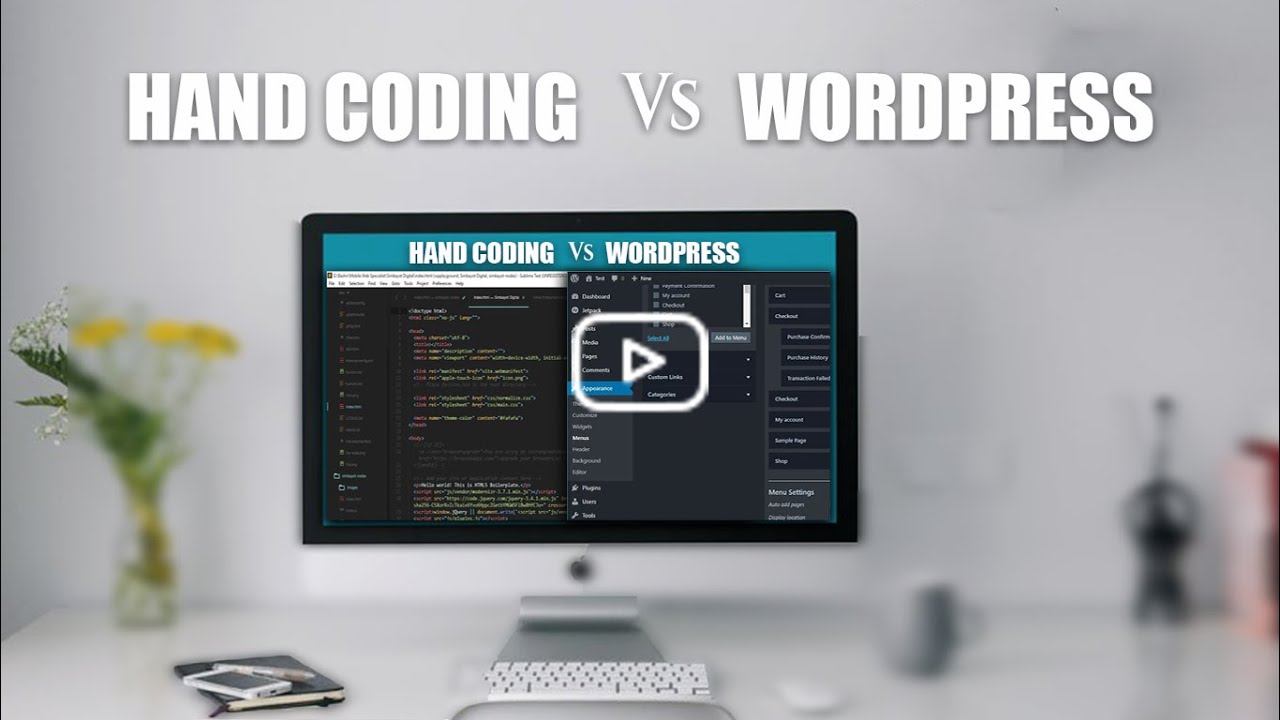
It is 2024 and I Still Make Websites with my Bare Hands
The Evolution of Web Design: From Hand-Coding to Website Builders
Early Web Design:
- Hand-coded websites with basic text editors.
- Clean, efficient code ensuring fast load times.
Shift to Website Builders:
- Introduction of tools like Dreamweaver and FrontPage.
- Rise of drag-and-drop builders and themes.
Problems with Website Builders:
- Slow Page Speed: Excessive code slows down load times, affecting SEO, PPC costs and user experience.
- Security Risks: Outdated themes and plugins can lead to hacks and malware.
- Core Web Vitals Compliance: Themes often lack the flexibility to meet Google's performance standards.
Benefits of Hand-Coded Websites:
- Speed: Clean code ensures faster load times and better SEO performance.
- Responsiveness: True adaptability across all devices.
- SEO & SEM Benefits: Improved performance and optimization for better search rankings and ad efficiency.
- Security: Reduced vulnerability to hacks and cyber threats.
Conclusion:
- While website builders and themes are cost-effective initially, they can lead to long-term issues. Investing in a hand-coded website ensures better performance, security and overall success.
